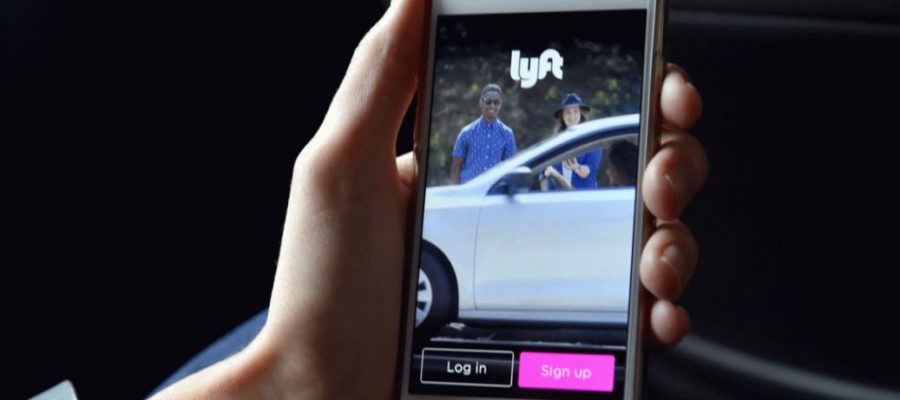Taking the idea from an excerpt of Ride Austin‘s book, Lyft has added a new feature, an innovation born out of the idea that allows riders donate part of their fare to charity. This feature is called “Roundup and donate.” This feature has been tested by the on-demand hailing service. With this new feature, Lyft charges around up fare to the nearest dollar and then help you donate the rest to specific charity. For instance, let’s say your standard fare for a book is $9.67. The roundup fare becomes $10. Lyft donates your reminder of $0.33 to a charity organization.
This new feature on Lyft is optional as you are not compelled to donate to any charity organization. The company does not automatically increase your fare unless you choose to partake in the donation. This feature will be tested in a few weeks, but Lyft is yet to reveal the charity groups to be considered.
Lyft is not getting involved in kind gestures like this one for the first time as they have been involved in other charitable services in the past like the meals on wheels and other charity groups. Lyft has decided that instead of the adhoc approach to charitable services, a more reliable and lasting approach, like those stated in the pages of Ride Austin‘s book. This idea is not only laudable but highly recommended. After the exit of Uber and Lyft form the Austin, Texas market, many ridesharing companies stepped in to try and fill the void created by them. Again, Ride Austin introduced with a new premise: on each fare, it will make a significant donation to charity. By February, the company had made a donation of almost $100,000.
With a wider coverage than in 2016, Lyft is sure of raising more fund for the purpose of charity. With the “Roundup and donate” approach and mechanism in place, Lyft is certainly going to generate enough money for charity without putting the strain on the users. Although Lyft is yet to disclose the charity organization it would be supporting, there speculations that it’s going to be a mix of local and national charity organization. One of these Charity organization is likely to include American Civil Liberties Union, a union which Lyft said it would donate $1 million spread over four years, as well as local area food banks, and others.
It might be quite difficult for riders to point out the differences between Uber and Lyft as a ride-sharing giant. But it’s quite simple: though Uber has a wider and dominating global coverage and resources to hijack the market, it has met some obstacles of late. Uber has been through some issues from sexual harassment allegations to arguments with drivers and questions about whether they are circumventing the law. Lyft, on the other hand, is coming from a completely different angle, the anti-Uber perspective. Lyft is capitalizing on its rival’s mistakes and branding itself as everything Uber is not. Creating a 24-hour scenario wherein its own riders are given better treatment and receive extra cash, and you can do your bit to save the world by donating to charity.
The Lyft company has this to say in their post, “The power of communal interact is yours. You created it. And whether you tap in, or just keep doing your bit by riding, you’re sitting on a changemaker.”

